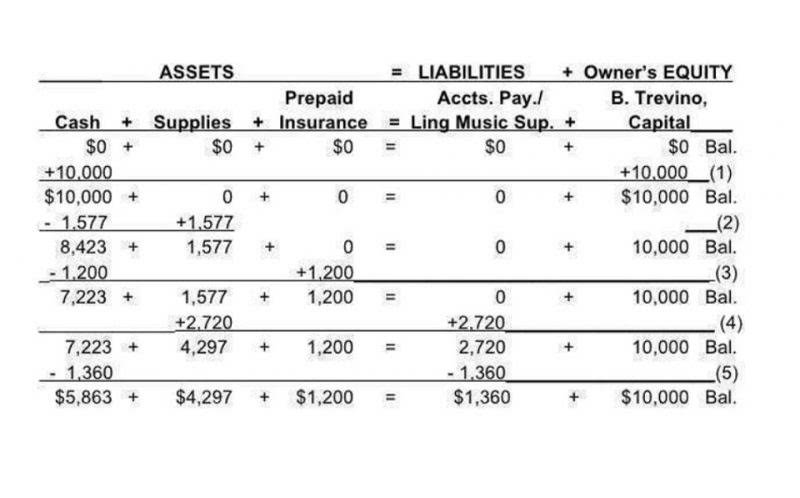
Earned income is the money a person receives due to working or business activities, such as earning a salary, self-employment income, or certain government benefits. This is distinct from unearned income, such as receiving an inheritance, capital gains, or qualified dividends. There are different terms for income, depending on the quantity being measured. Gross income is the total value of your salary or payments, without accounting for any cash outflows.

For businesses, income is the revenue from selling services, products, and any interest and dividends received with respect to their cash accounts and reserves related to the business. Wages encompass the total compensation to employees for services rendered. Profits, also called “net operating surplus,” are the surpluses of gross income definition economics incorporated and unincorporated businesses. Statistical adjustments may include corporate income tax, dividends, and undistributed profits. It is a lesser-known statistic than gross domestic product (GDP), which is used by the Federal Reserve Bank to measure total economic activity in the United States.
Criticisms of GDP
For example, if a company is interested in knowing how a specific product line is performing, it does not want to see the company’s rent expense included in the performance as that is an unrelated, administrative expense. Real per-capita GDP, adjusted for purchasing power parity, is a heavily refined statistic to measure true income, which is an important element of well-being. An individual in Ireland might make $100,000 a year, while an individual in China might make $50,000 a year. But if a year’s worth of food, clothing, and other items costs three times as much in Ireland as in China, however, then the worker in China has a higher real income. The GDP growth rate compares the year-over-year (or quarterly) change in a country’s economic output to measure how fast an economy is growing.
- Means of calculating GDP have also evolved continually since its conception to keep up with evolving measurements of industry activity and the generation and consumption of new, emerging forms of intangible assets.
- Certain types of payments are not included in your taxable income by the IRS.
- When filing their tax return, the student loan interest is an above-the-line deduction used to factor adjusted gross income.
- Some lenders may require the use of AGI to standardize how gross income is calculated.
- The same applies to landlords when determining whether a potential tenant will be able to pay the rent on time.
- It compares the GNI of countries with different population sizes and standards of living.
Start with a free account to explore 20+ always-free courses and hundreds of finance templates and cheat sheets.
Individual Gross Income Example
A high confidence level indicates that consumers are willing to spend, while a low confidence level reflects uncertainty about the future and an unwillingness to spend. Household spending forms the biggest part, accounting for about two thirds of GDP. Meanwhile, a business buying new equipment or a construction company building houses are examples of investment.
